Contact us
Please complete the form below and a member of staff will get back in touch with you.
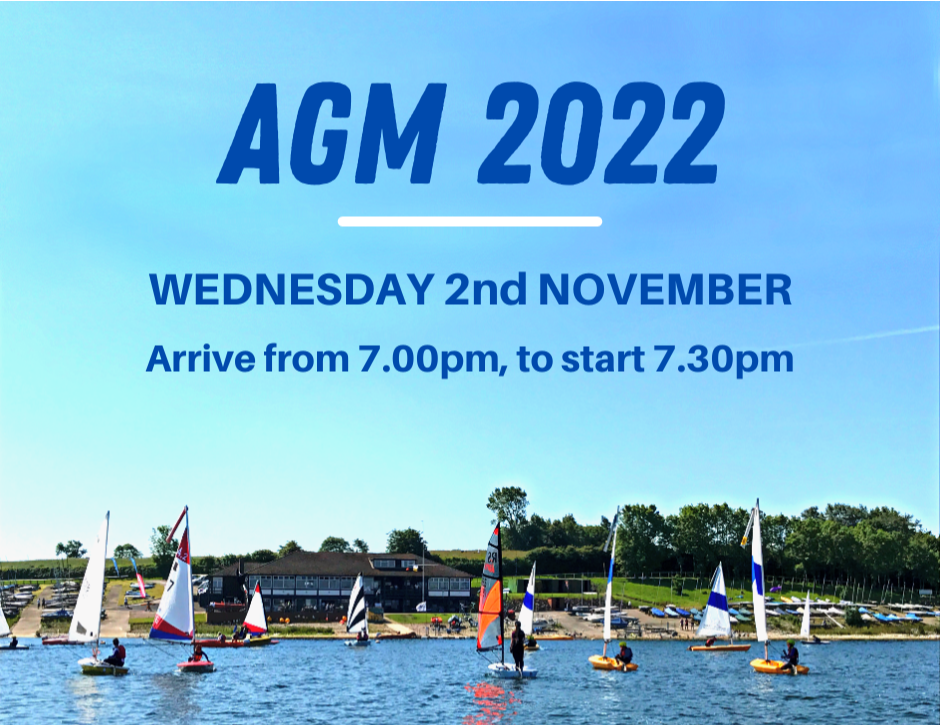
Dear Member, Our AGM will be held at the Club on Wednesday 2nd November. It is your opportunity to hear about the state of the Club from the Committee and raise questions with them (although you can also do that any day of the year!).The meeting will commence at 7.30pm with the bar open and registration…
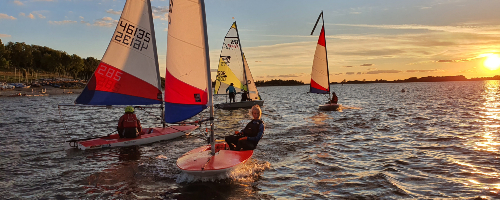
Club Improvements Solar Panels As the busy summer training season comes to a close we can turn to jobs and tasks around the Club. The big project for this winter will be the installation of around 80 solar panels on the Clubhouse roof to help minimise the impact of rising energy costs. Subject to the…
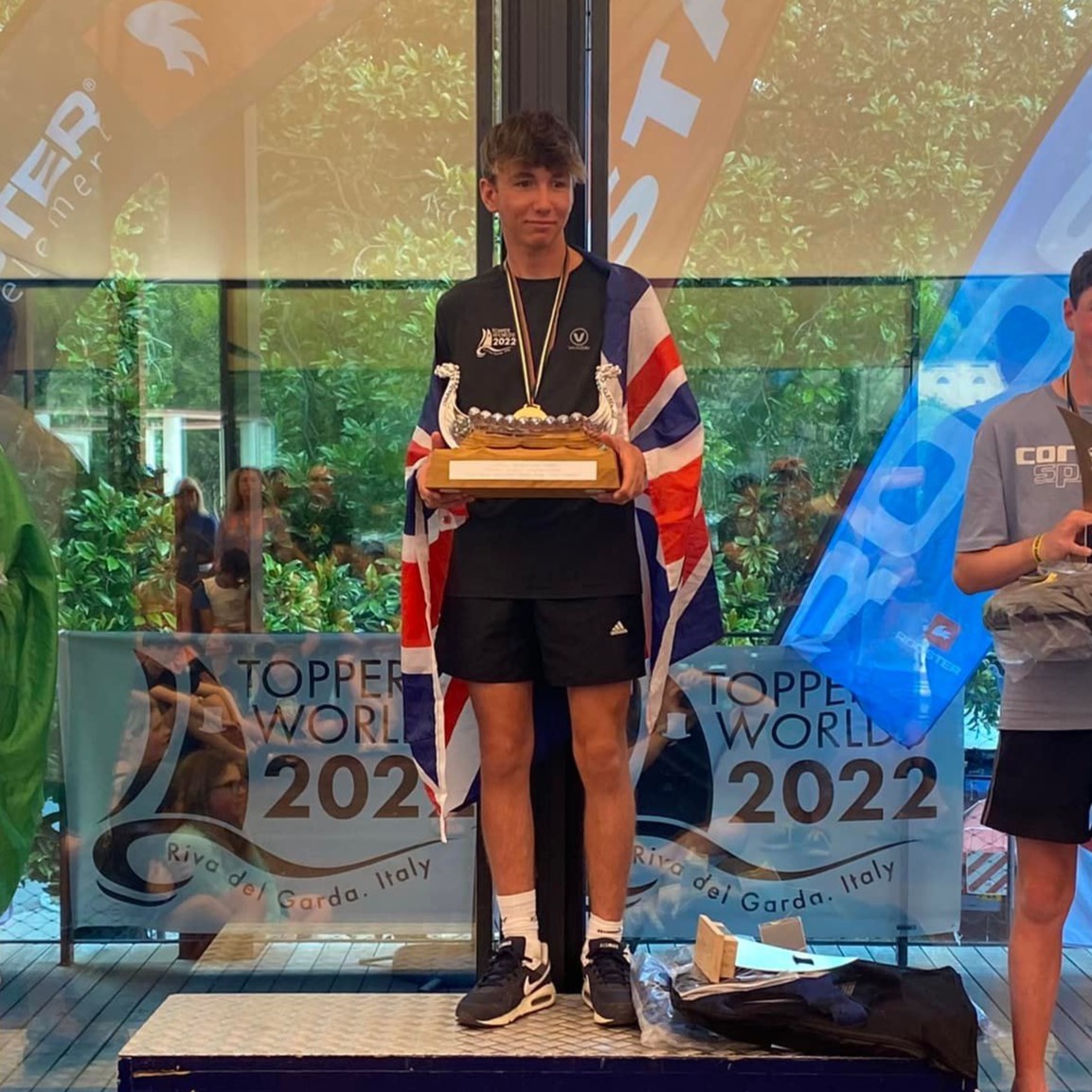
As the summer season draws to an end, we can celebrate huge success at all levels by many of our Youth & Junior sailors competing in National, European and World Championships. As well as competing on home turf, often in Weymouth, Draycote sailors from our fleet headed to Greece, Italy, Spain, Hungary, Portugal, Ireland and…
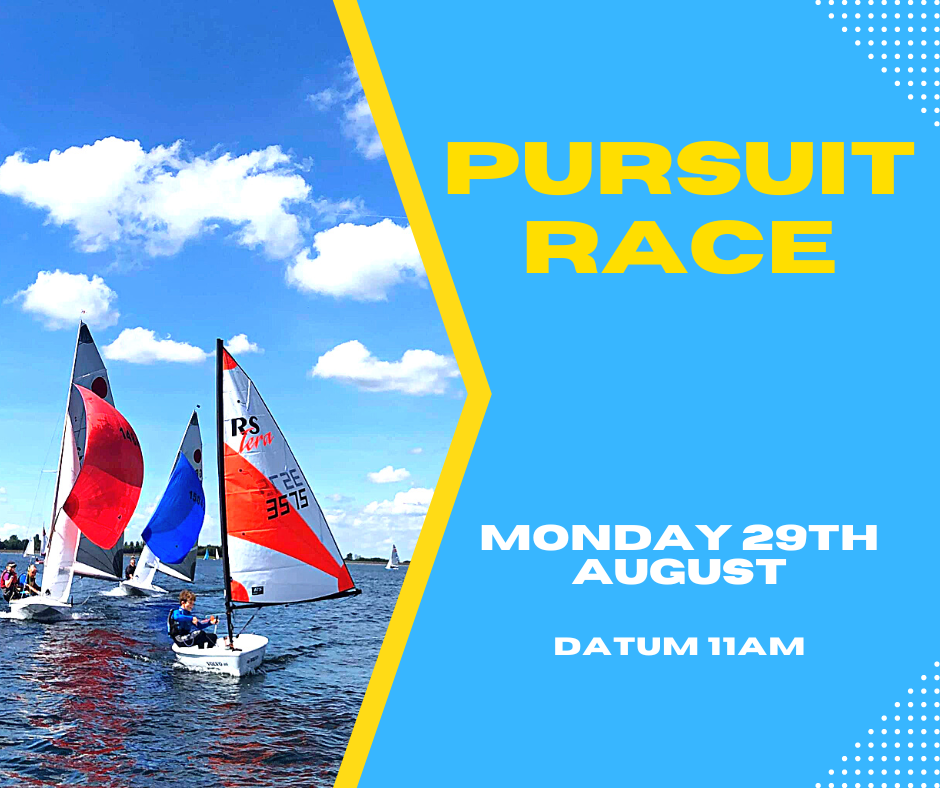
The summer training courses and sailing groups will gradually be coming to an end soon and we turn to Open Meeting season instead. Many of these are smaller events but a couple are larger and a much needed income source for the Club. keep an eye on the Club calendar too for events at the…
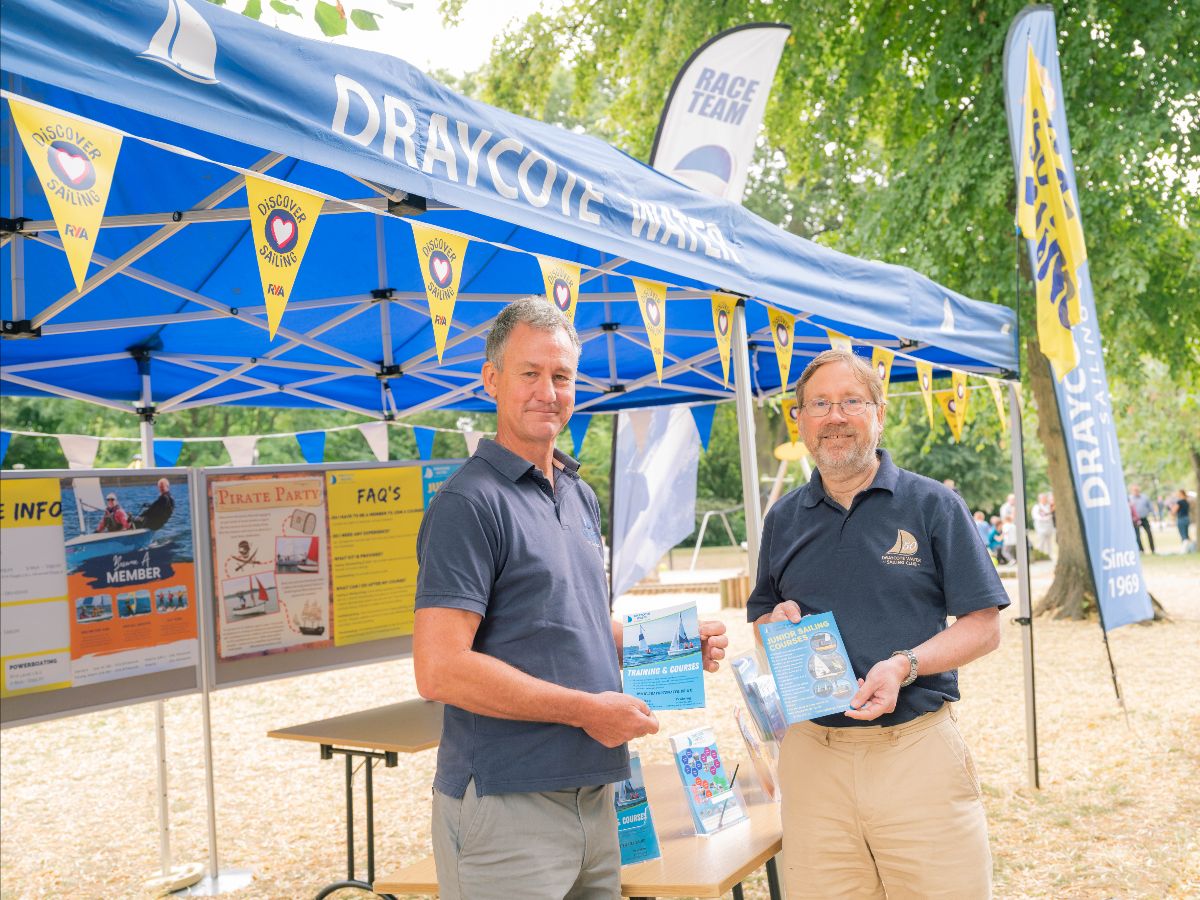
Sailing Successes It’s been fantastic reading how well Draycote sailors have been doing at national and international events. It’s hard to click on a set of results and not see a Draycote member at or near the top. We have seen events in the UK including the RS games incorporating many world championships as well…
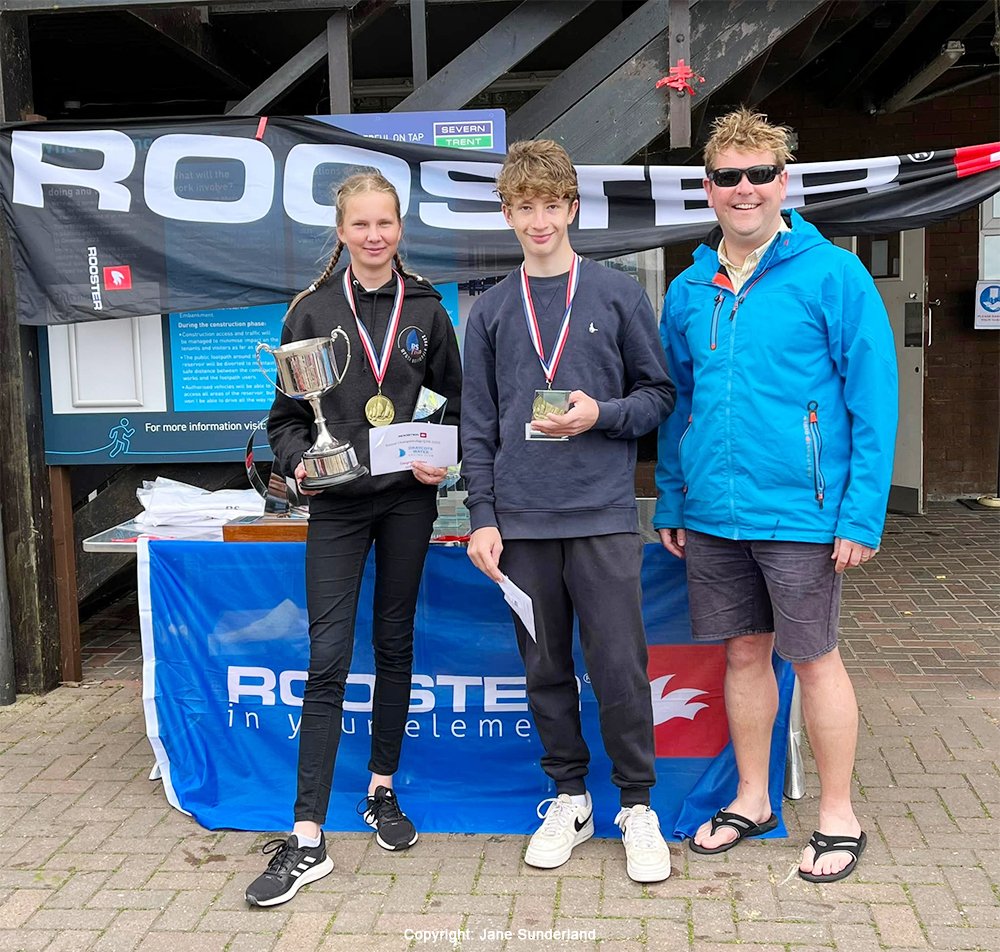
HELP PROMOTE THE CLUB IN JULY There are two opportunities which are coming up in July for us to promote our Club at local events and we are looking for a few volunteers to help with these. Thursday 21st July – Queen’s Baton RelayIn the lead up to the Commonwealth Games, the Queen’s Baton Relay…
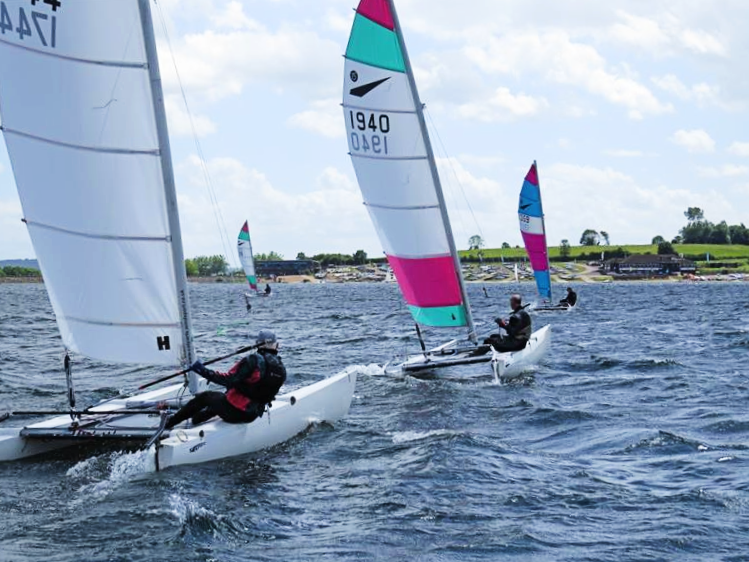
RIB Engine Theft Back in the middle of May we had 3 RIB engines stolen during the night. The thieves used angle grinders to cut the engines off and thus avoided the boat alarm system. Despite being caught on CCTV there wasn’t enough the police could work with. Many thanks though to AC Outboards and our insurance…
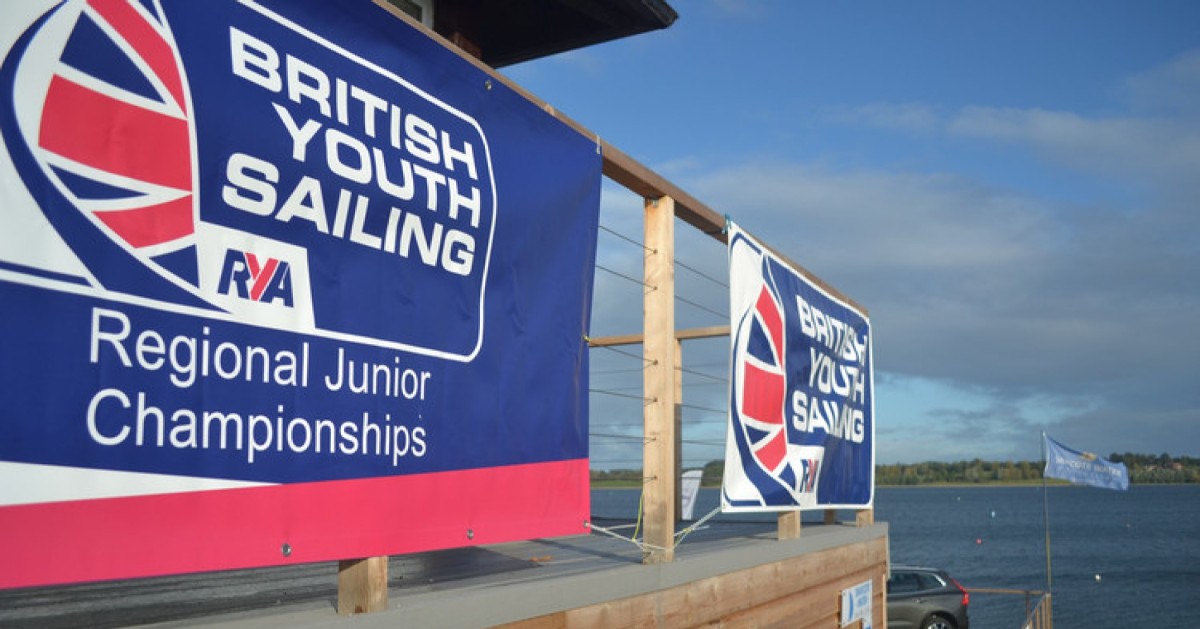
RACE TEAM INSTRUCTIONS Following input from ODs, the Race Team Instructions have been tweaked as follows: When starting the sequence: – Start the stopwatch at -5 minutes (there are instructions how to adjust this) – Start the automatic start sequence when the stopwatch is at -4 minutes (This procedure is much easier if you are doing OD…
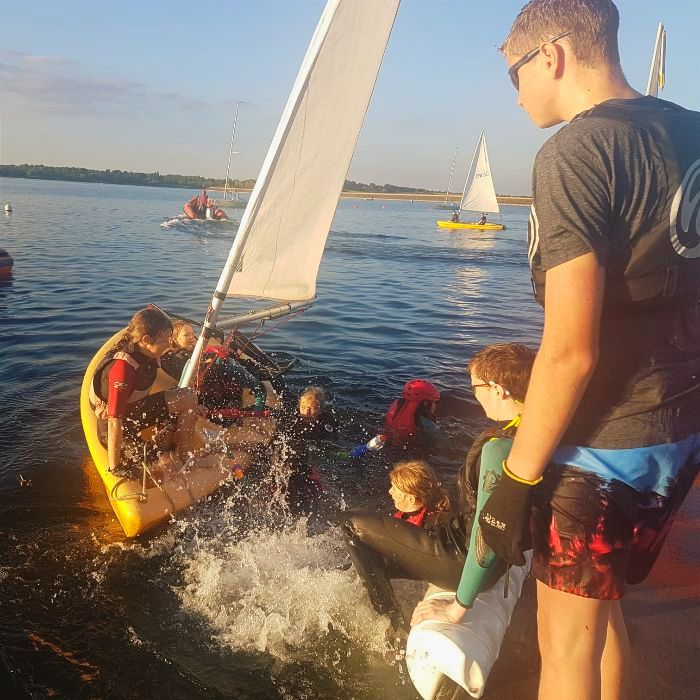
We hope everyone has settled in the the sailing season and managing to get some time on the water. We had a fantastic start to the year with the Friday evening racing and BBQ being very popular on and off the water. Saturdays have seen very encouraging numbers getting out enjoying the sailing and trying…
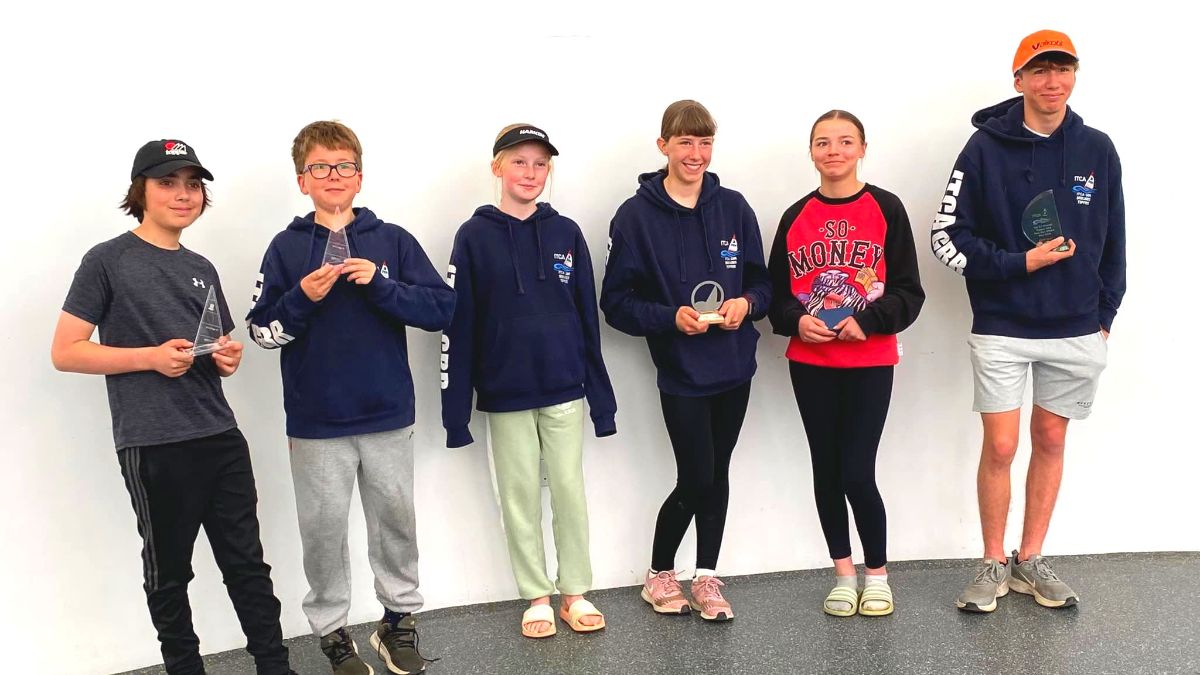
VOLUNTEERS NEEDED We are in urgent need of more sailing and windsurf volunteers this Saturday for the Discover Sailing & Windsurfing day. Even if it’s just for a few hours, please do contact us asap: office@draycotewater.co.uk Thank you to everyone who has shared details of the event and encouraged friends & family to come along.…